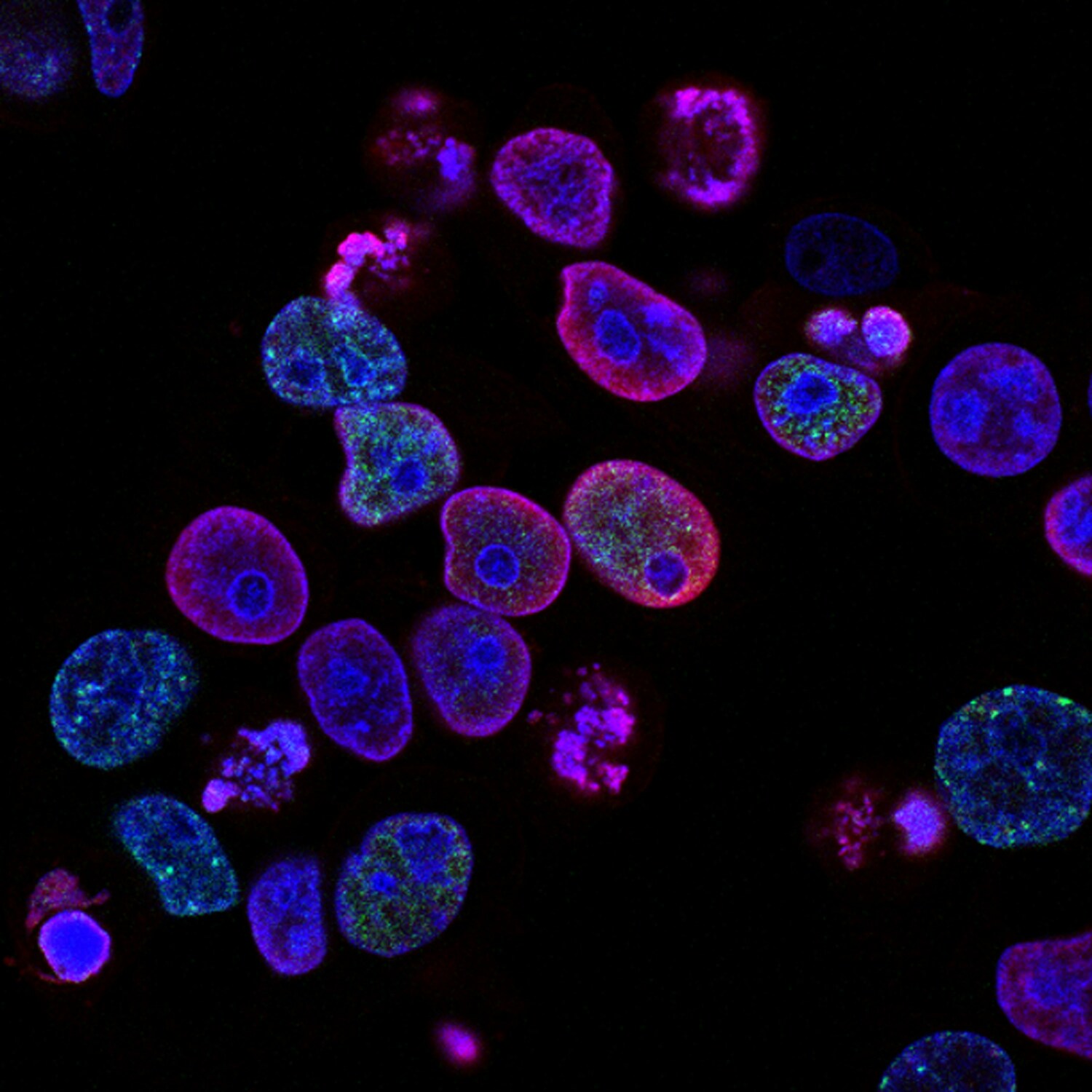Cancer is a big health problem worldwide, but new progress in cancer study is giving hope to patients and their families.From new treatments to new tech, oncology is changing fast.
One of the most exciting developments in cancer treatment is the rise of personalized medicine.This method customizes therapy strategies to align with the distinct genetic profile of an individual’s cancerous growth.By knowing the details of a tumor, doctors can choose treatments that work better, which means they don’t have to guess as much.
In addition, immunotherapy has made significant strides.This therapy boosts the body’s natural immune response to combat cancer cells with greater efficiency.New research indicates that using immunotherapy along with treatments like chemo or radiation may improve results for people fighting different cancers, such as skin and lung cancer.
Key Advances in Cancer Research:
– Personalized medicine for tailored treatment plans.
– Immunotherapy combining with traditional therapies.
– AI and machine learning in early diagnosis.
– Improved understanding of cancer stem cells.
AI and machine learning have changed how scientists study cancer detection.These technologies can swiftly process large volumes of data, uncovering patterns that might otherwise remain undetected by human observation.This feature can facilitate the early identification of cancer, a key factor in successful treatment.
A significant research topic is the study of cancer stem cells.The cells are thought to be crucial in the recurrence of tumors after treatment.Scientists want to create treatments that get rid of most of the tumor and stop it from coming back, aiming for a future where some cancers can be controlled or cured.
Staying updated on cancer research is crucial.Talking to trustworthy experts, going to meetings, and joining local talks can help you learn about new ideas in cancer study.
In summary, the field of cancer research is quickly evolving, offering hope and new possibilities for advancements.By promoting empathy and assistance in our neighborhoods, we can help create a hopeful tomorrow for everyone touched by this illness.
